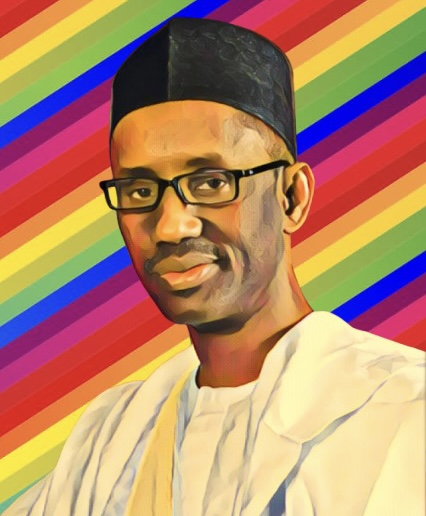Key Points
-
Insecurity has affected more than 150 million Nigerians.
-
Agriculture is the hardest-hit sector by ongoing violence.
-
Ribadu calls for unified efforts to combat rising threats.
National Security Adviser Nuhu Ribadu has raised alarm over the growing impact of insecurity in Nigeria, saying it has affected up to 150 million citizens.
Ribadu made the remarks in Abuja on Friday during a Memorandum of Understanding (MoU) signing between the National Counter Terrorism Centre and the International Institute of Tropical Agriculture.
The partnership seeks to promote agribusiness and economic empowerment in communities ravaged by terrorism and violent extremism.
Ribadu emphasized that insecurity in Nigeria has severely disrupted agriculture, which he described as the backbone of the economy.
“The biggest victim of insecurity is agriculture,” he said. “When insecurity came, it interfered with our lives.
Nigerians are farmers or come from farming families. So, in one way or the other, it has affected us all.”
He added that insecurity has reversed decades of progress in rural livelihoods and stability, leaving many communities in crisis.
More than 150 million Nigerians feel the impact of insecurity
Ribadu estimated that between 120 to 150 million Nigerians have been directly or indirectly affected by insecurity.
This staggering figure, he said, reflects the widespread consequences of violence, banditry, and terrorism across the nation.
According to Ribadu, “I don’t think there is any country in the world facing the kind of security challenges we are. We are a large nation, and the sheer size of the affected population is alarming.”
The NSA warned that without swift and collaborative action, insecurity will continue to destabilize the nation, harm economic progress, and endanger lives.
Ribadu calls for unified approach to tackle insecurity in Nigeria
To curb the rising threat, Ribadu advocated for a “whole-of-society” approach. He said addressing insecurity in Nigeria requires not just military intervention but social and economic reforms as well.
“The root causes must be tackled—poverty, social exclusion, and lack of opportunity,” he noted. “We must work together to give our people their lives back.”
He called on both government and private sector players to invest in recovery programs, especially in rural areas hardest hit by violence.
The MoU, according to Ribadu, represents a step toward using agriculture as a tool for peacebuilding, community recovery, and national development.



